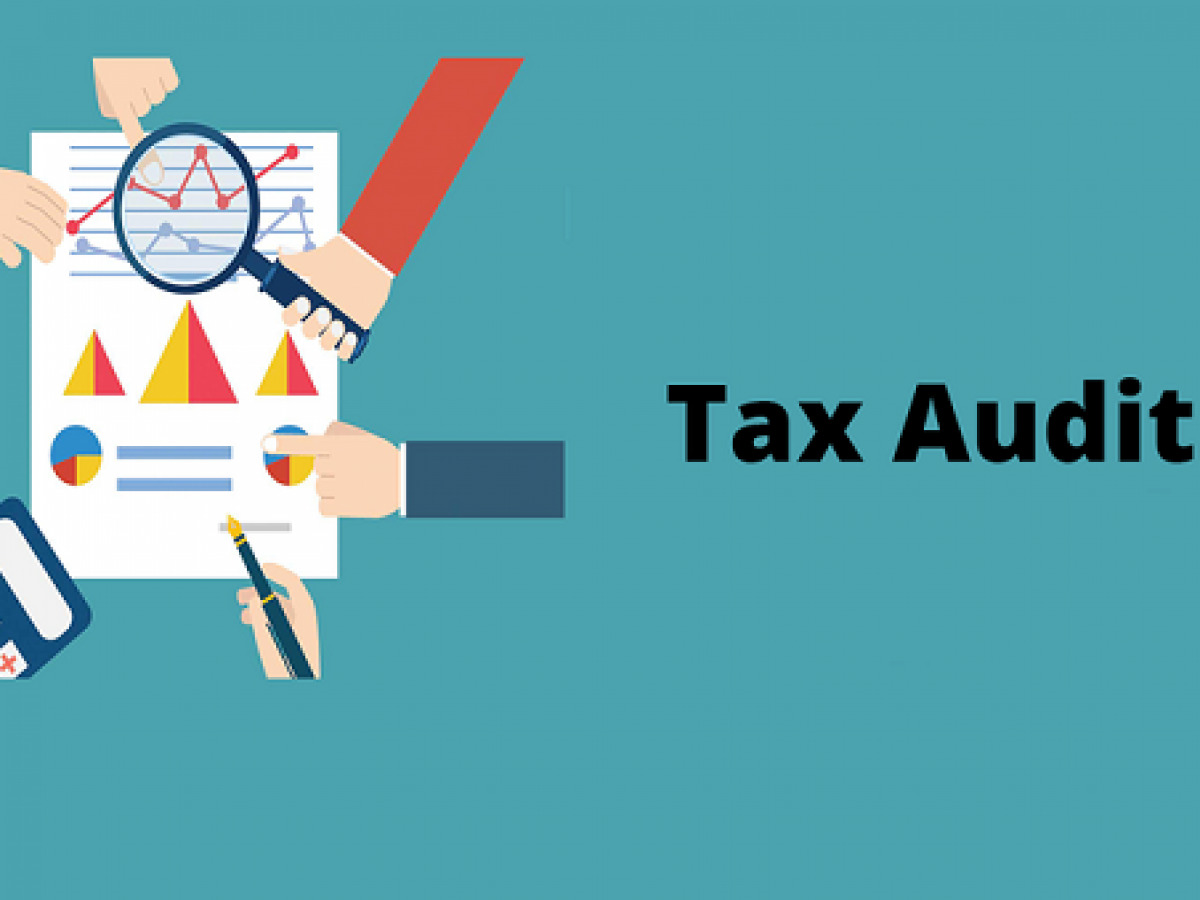The provision relating to tax audit under section 44AB of the Income Tax Act, 1961 applies to every person carrying on business, if his total sales, turnover or gross receipts in business exceed the prescribed limit (Rs.1 crore or Rs 10 crore in specified cases) and to a person carrying on a profession, if his gross receipts from profession exceed the prescribed limit (Rs. 50 lakhs) in previous year 2022-23. It is pertinent to note here that the turnover limits as provided in section 44AD and 44ADA have been further revised upwards by the Finance Act, 2023 applicable w.e.f. AY 2024-25.
However, the terms “sales”, “turnover” or “gross receipts” are not defined in the Act, and therefore the meaning of the aforesaid terms has to be considered for the applicability of the section.
The Central Sales Tax Act, 1956 defines “Turnover” as follows:
“turnover” used in relation to any dealer liable to tax under this Act means the aggregate of the sale prices received and receivable by him in respect of sales of any goods in the course of inter-State trade or commerce made during any prescribed period and determined in accordance with the provisions of this Act and rules made there under.
Further, section 8A(1) of the said Act provides that in determining turnover, deduction of sales tax should be made from the aggregate of sales price.
The Central Goods and Services Act, defines ‘Turnover’ as under:
Section 2(112) ‘turnover in State’ or ‘turnover in Union territory’ means the aggregate value of all taxable supplies (excluding the value of inward supplies on which tax is payable by a person on reverse charge basis) and exempt supplies made within a State or Union territory by a taxable person, exports of goods or services or both and inter-State supplies of goods or services or both made from the State or Union territory by the said taxable person but excludes central tax, State tax, Union territory tax, integrated tax and cess.
The term “Turnover” has been defined under Section 2(91) of the Companies Act, 2013 as follows:
“2(91) turnover means gross amount of revenue recognised in the profit and loss account from the sale, supply, or distribution of goods or on account of services rendered, or both, by a company during a financial year;”
In the “Glossary of Terms used in Financial Statements” published by the Institute, the expression “Sales Turnover” has been defined as under:
“The aggregate amount for which sales are effected or services rendered by an enterprise. The term gross turnover’ and net turnover’ (or gross sales’and net sales’) are sometimes used to distinguish the sales aggregate before and after deduction of returns and trade discounts”.
The term “turnover” is a commercial term and it should be construed in accordance with the method of accounting regularly employed by the company.
The term ‘turnover’ for the purposes of this clause may be interpreted to mean the aggregate amount for which sales are effected or services rendered by an enterprise.
GST to be included in Turnover?
If GST or any other tax is included in the sale price, no adjustment in respect thereof should be made for considering the quantum of turnover. Trade discounts can be deducted from sales but not the commission allowed to third parties. If, however, GST or any other indirect tax recovered are credited separately to GST or other tax account (being separate accounts) and payments to the authority are debited in the same account, they would not be included in the turnover.
Sale of Scrap to be included in Turnover?
Sales of scrap shown separately under the heading ‘miscellaneous income’ will have to be included in turnover.
Considering that the words “Sales”, “Turnover” and “Gross receipts” are commercial terms, they should be construed in accordance with the method of accounting regularly employed by the assessee. Section 145(1) provides that income chargeable under the head “Profits and gains of business or profession” or “Income from other sources” should be computed in accordance with either cash or mercantile system of accounting regularly employed by the assessee. The method of accounting followed by the assessee is also relevant for the determination of sales, turnover or gross receipts in the light of the above discussion.
Some typical cases
Applying the above generally accepted accounting principles, a few typical cases may be considered:
(i) Discount allowed in the sales invoice will reduce the sale price and, therefore, the same can be deducted from the turnover.
(ii) Cash discount otherwise than that allowed in a cash memo/sales invoice is in the nature of a financing charge and is not related to turnover. The same should not be deducted from the figure of turnover.
(iii) Turnover discount is normally allowed to a customer if the sales made to him exceed a particular quantity. This being dependent on the turnover, as per trade practice, it is in the nature of trade discount and should be deducted from the figure of turnover even if the same is allowed at periodical intervals by separate credit notes.
(iv) Special rebate allowed to a customer can be deducted from the sales if it is in the nature of trade discount. If it is in the nature of commission on sales, the same cannot be deducted from the figure of turnover.
(v) Price of goods returned should be deducted from the figure of turnover even if the returns are from the sales made in the earlier year/s.
(vi) Sale proceeds of fixed assets would not form part of turnover since these are not held for resale.
(vii) Sale proceeds of property held as investment property will not form part of turnover.
(viii) Sale proceeds of any shares, securities, debentures, etc., held as investment will not form part of turnover. However, if the shares, securities, debentures etc., are held as stock-in-trade, the sale proceeds thereof will form part of turnover.
***
Follow us for free tax updates : facebook Twitter
Subscribe to our portal and get FREE Tax e-books, quality articles and updates on your e-mail.
Resolve your GST queries from national level experts on GST free of cost
TW Editorial Team comprises of team of experienced Chartered Accountants and Advocates devoted to spread the knowledge of GST amongst the various stakeholders.




